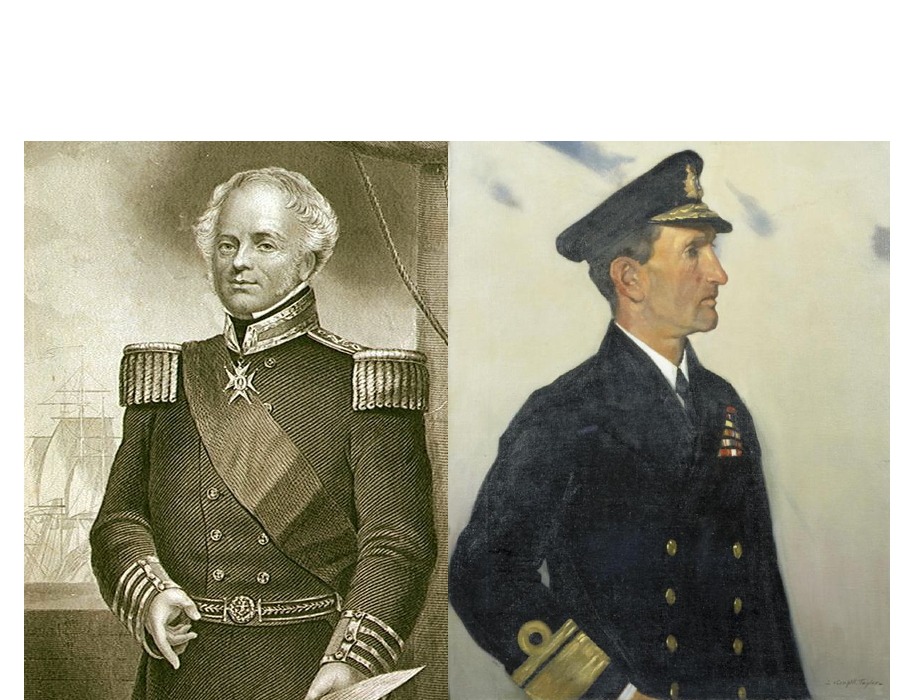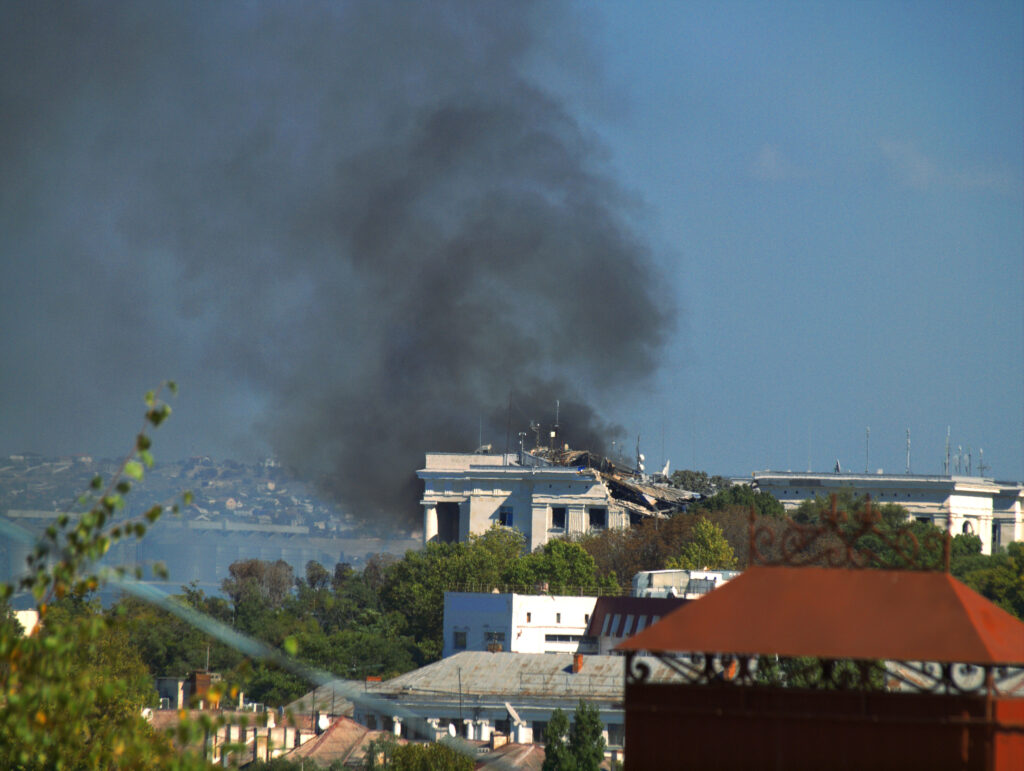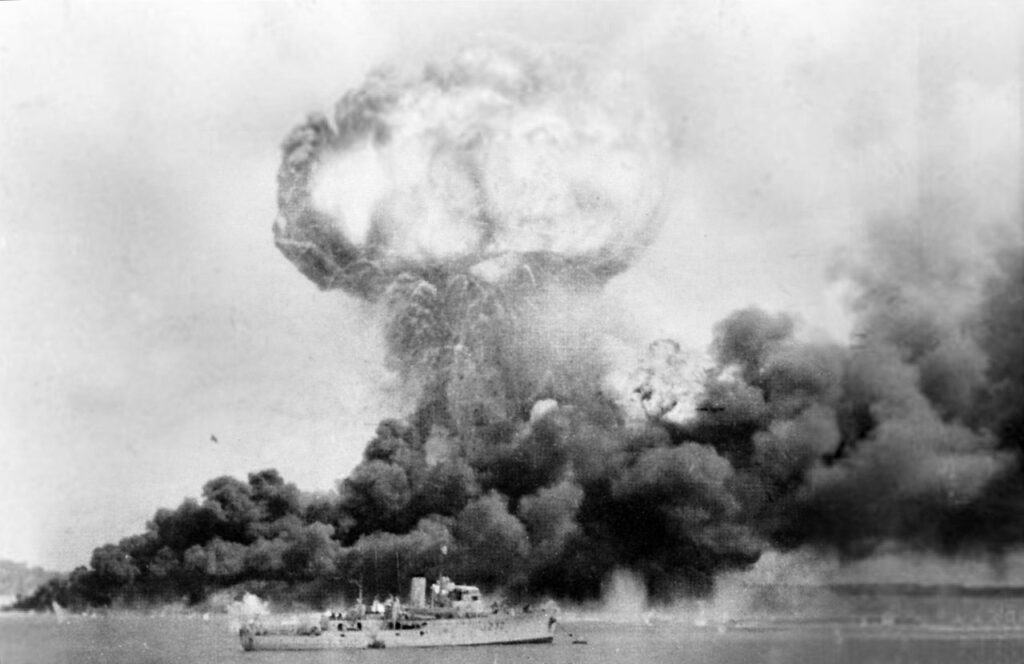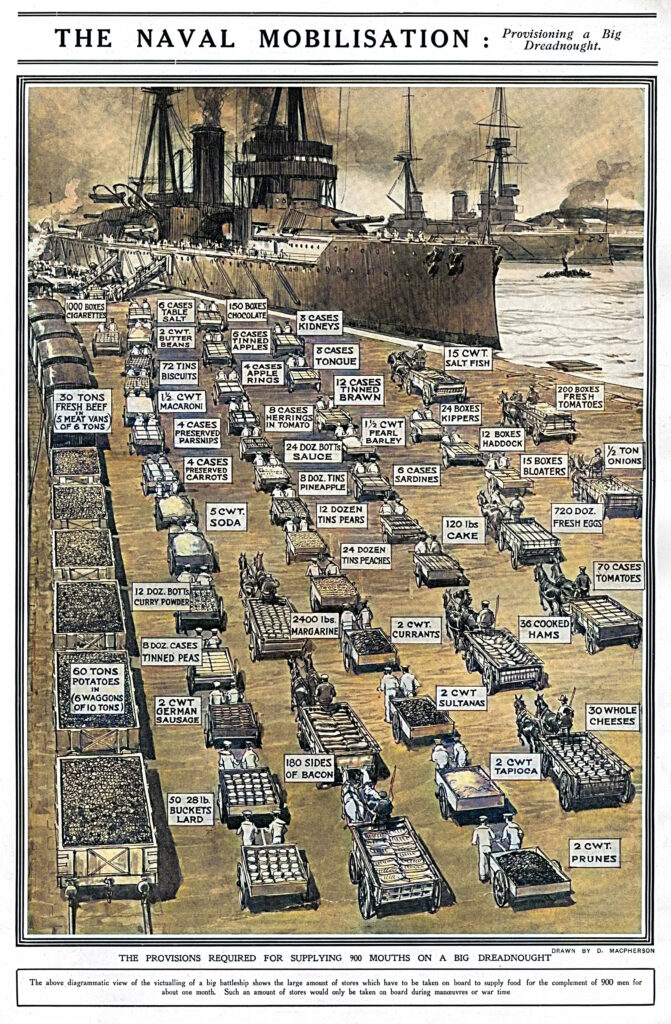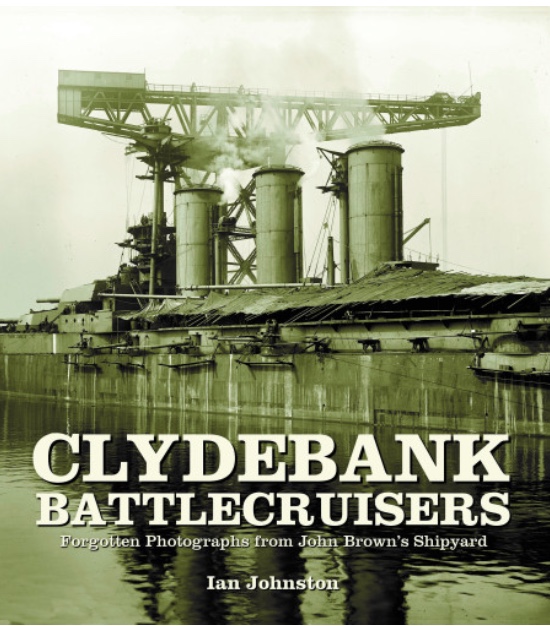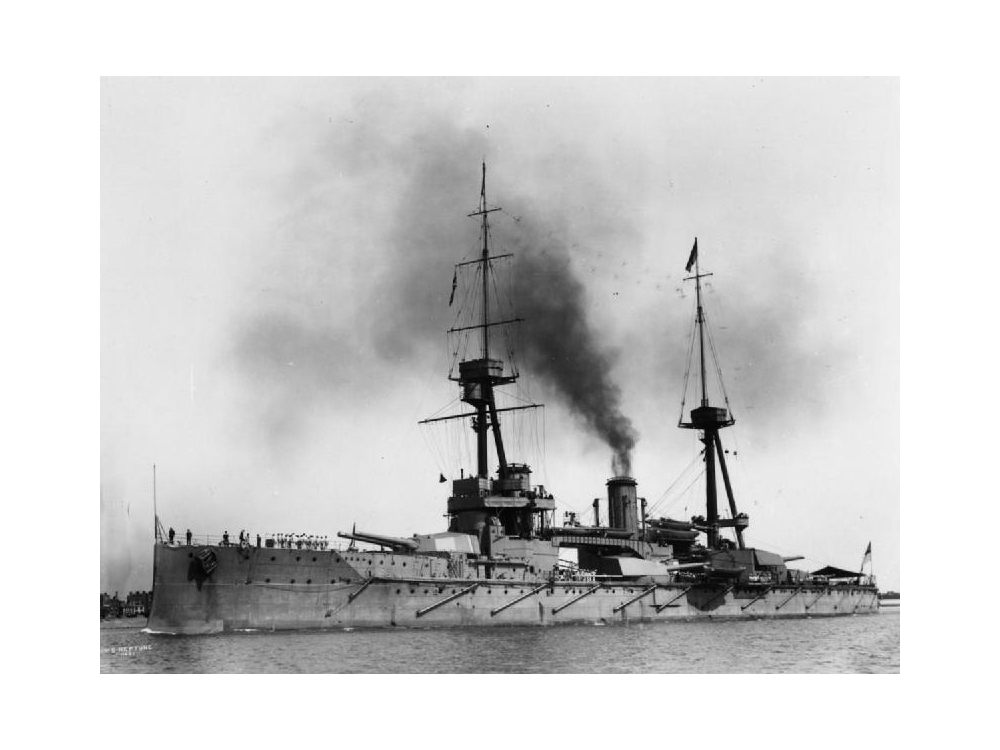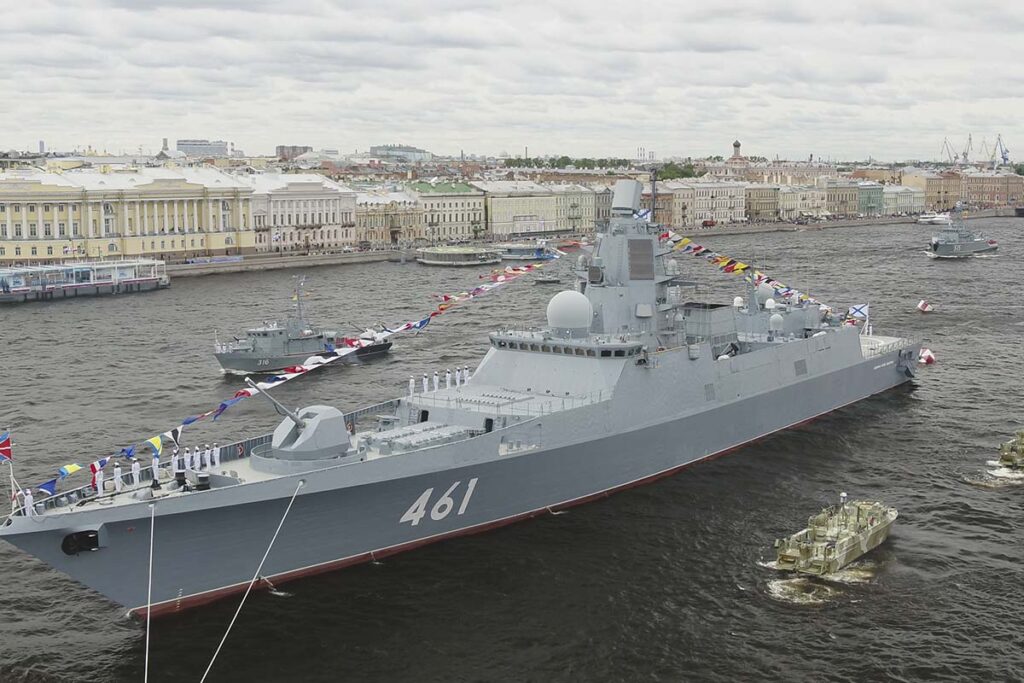
News & Views
News, Articles and Comment
The latest news and views in the UK Military Maritime Arena.
Showing all
Letter to the Editor: Skin in the game
Ed. The author gives his state of play on the current socioeconomic conditions impacting British seapower, and proposes a possible RN force structure financially tailored for a ‘regional’ rather than a ‘global’ Britain.
The Royal Navy’s Baltic Assignments in the Crimean War (1854-55) and in the Russian Civil War (1918-1920) – Operational and Technological Insights
Ed. The author examines the importance of cultivating clear strategy and deploying balanced fleets in the Baltic operations of the Crimean War and Russian Civil War. In both cases the Royal Navy was engaged blockading enemy ports and striking at their harbours, frequently without direct orders from London, and with profound consequences for the national consciousness of the region. The parallels for today’s littoral operations in the Baltic and Black Sea are obvious. A 40 minute read.
The Ukraine War: Another Year In
Ed. The author revisits the status of the Ukraine War, a year after his initial analysis [111/2, p. 18]. The failure of either side to deliver a knockout blow, and the systemic nature of new military technology, has reduced the conflict to grinding attrition with few prospects for definitive victory. A 25 minute read.
The Russian Admirals and Vladimir Putin
Ed. The author considers the maritime implications for Russia’s naval forces in the Baltic and Black Sea, theatres where geopolitical developments or naval losses have significantly weakened the Russian Navy’s sea control capabilities. A 10 minute read.
Back to the Future?
Ed. In 2012 [100/2, p. 154] the author considered the history of the Japanese attack on Darwin of 19 February 1942 as a comparison for possible Chinese air operations in the 21st century. As was the case with Pearl Harbor, a surprise attack by long-range air assets raised questions about the security of bases in the region. A 20 minute read.
Battleship Provisioning in the age of the Dreadnought: Some answers and clarification
Ed. The author expands on Lt Cdr Lester May’s research concerning the victualling of a Dreadnought-class warship at the beginning of the 20th century. The proliferation of commodities supplied representing without doubt a vast logistical undertaking. A 25 minute read.
Latest Book Review, 10 November
BRE. The latest book review is now available. It considers a book exploring the construction of battlecruisers for the Royal Navy at John Brown’s Shipyard on the Clyde before and during the First World War.
Battleship Provisioning
Ed. The author investigates the perhaps surprising legacy of early 20th century warship provisioning. While the cornucopia of commodities required to provision a Dreadnought-class battleship is to be expected, the long duration and haphazard nature of the victualing system emphasizes historical continuity and institutional ossification in an otherwise transformative era. A 30 minute read.
Russia’s United Shipbuilding Corporation (OSK) – Getting a Grip
Ed. The author provides an update on Russia’s United Shipbuilding Corporation (OSK) and the likely outcomes resulting from increased government pressure to improve the company’s throughput and financing. A 5 minute read.


